This week on “Wonderful Water,” join Aaron Keck for a conversation with OWASA experts about the plans in place for emergency situations and what individual citizens can do while they wait for bad weather and other issues to blow over. You can listen to the full interview below, and check back monthly for more conversations about water in our community.

Aaron Keck, Tiffanie Hawley and Tyrus Johnson
According to Tiffanie Hawley, water treatment plant operations supervisor for OWASA, there are no shortage of safeguards and emergency plans in place for a variety of emergency situations. In particular, hurricane season in North Carolina means a heightened level of preparedness on OWASA’s part — two diesel generators are standing by in case of power failure, equipment is stress-tested, treatment chemicals are topped off, and more. One of the largest parts of emergency preparation, however, is cooperation.
“There’s an organization that we belong to called ‘NC Water WARN‘ … a mutual aid organization between municipalities in North Carolina,” said Hawley. “We never know what system might be in a scenario that they are in need of help, so being able to reach out to our neighbors and get that help is a fantastic thing.”
Emergency preparedness isn’t entirely up to organizations like OWASA and NC Water Warn, however. Individuals can — and should — take an active role in ensuring their safety and health during the worst of times. This is the area where Tyrus Johnson, OWASA safety and risk manager, specializes.
“Individually, definitely for your water storage, you want to be proactive in storing bottled water during the hurricane season between June 1 and November 30,” said Johnson. “Once we get to the hurricane warning stage, we want to make sure we fill up the bathtubs. Anything that you can do to conserve more water, to keep more water in case you need it, depending on if the power goes out, how long the water systems are going to be down, so on and so forth.”
Another important public utility to consider, according to Johnson, is the OC Alerts system.
“[There are] different avenues there to stay up to date on what the water situation is,” said Johnson. “We also have a Twitter feed and Nextdoor as far as social media sites where you could get in contact with us and find out there. But the main thing that I would encourage everyone to do is to go to our website to apply and sign up for OC Alerts. OC Alerts gets that message out immediately as far as the emergency situations concerning water.”
 Chapel Hill and Carrboro residents use roughly 7 million gallons of water a day, and “Wonderful Water” is a monthly conversation sponsored by the Orange Water and Sewer Authority highlighting its work to keep our community growing and water flowing.
Chapel Hill and Carrboro residents use roughly 7 million gallons of water a day, and “Wonderful Water” is a monthly conversation sponsored by the Orange Water and Sewer Authority highlighting its work to keep our community growing and water flowing.
Podcast: Play in new window | Download
Subscribe:
Related Stories
‹
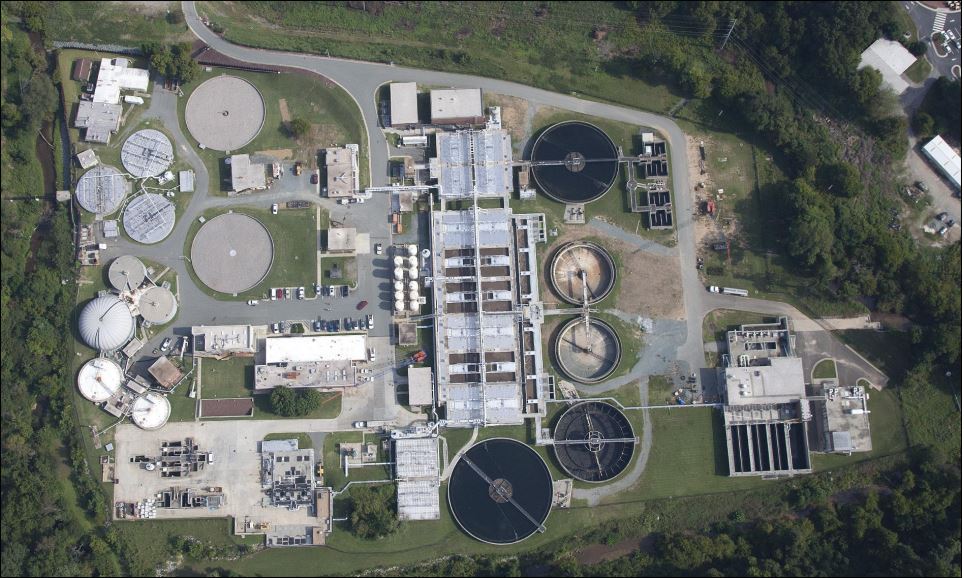
Wonderful Water: Wastewater Treatment and the Annual Report CardThis month on “Wonderful Water,” join 97.9 The Hill’s Brighton McConnell for a conversation with Wil Lawson, the operations supervisor at OWASA‘s Mason Farm wastewater treatment plant. Lawson discussed the annual OWASA Wastewater Report Card, which was just released for 2021. Each year, the report informs community members how well the treatment plants are meeting […]
![]()
Wonderful Water: Allison Spinelli for Wonderful WaterIn the newest edition of Wonderful Water, learn about the Orange Water and Sewer Authority's capital improvement projects. OWASA's Capital Projects Engineering Manager Allison Spinelli joins 97.9 The Hill's Brighton McConnell to share more about her team and several ongoing and upcoming projects in the community.
![]()
Wonderful Water: Stephen WintersAs budget season continues across our local government, the same is happening at the Orange Water and Sewer Authority. Director of Finance and Customer Service Stephen Winters joins 97.9 The Hill's Brighton McConnell to speak about how OWASA's proposed budget came together and how the community can share their thoughts on it.
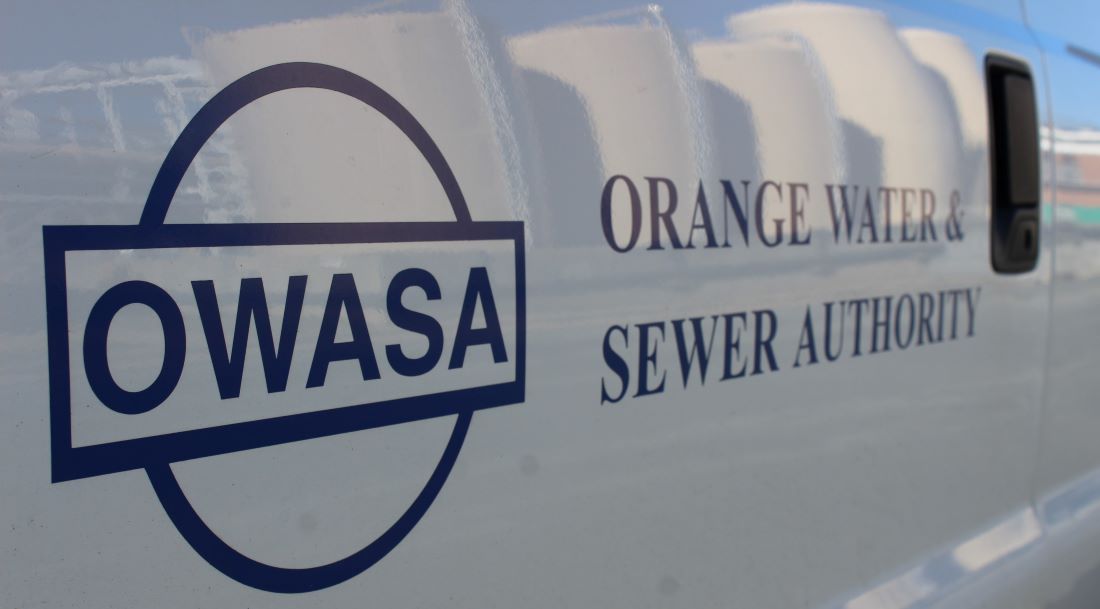
Wonderful Water: Preparing for Board AppointmentsFor this edition of “Wonderful Water,” two members of the Orange Water and Sewer Authority’s Board of Directors joined 97.9 The Hill’s Brighton McConnell on the air. Chair of the board Ray DuBose and Vice Chair Bruce Boehm shared details on how people interested in representing the community on OWASA’s board can get involved. The […]
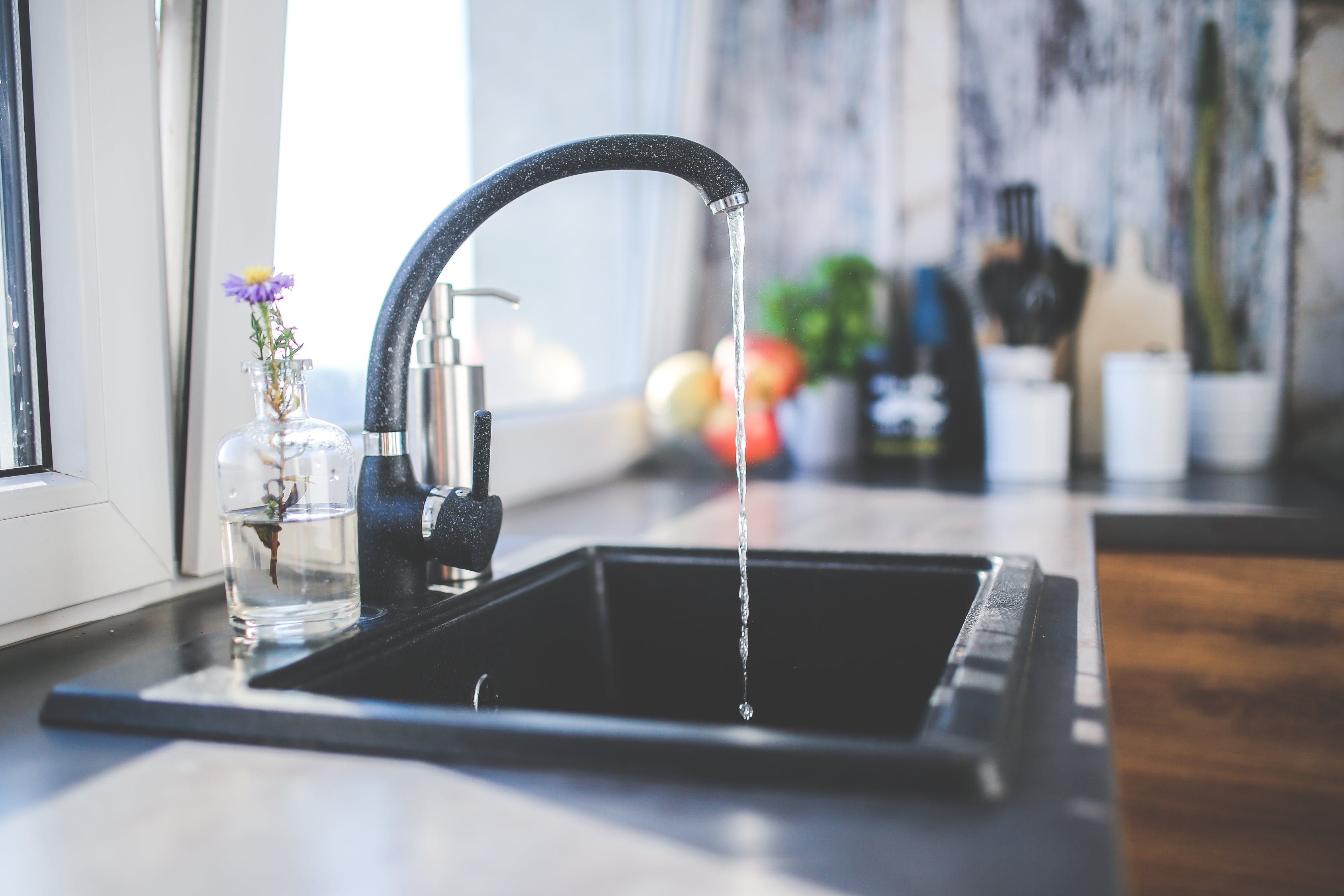
Wonderful Water: Care to Share DayThis month on “Wonderful Water” join 97.9 The Hill’s Aaron Keck for a conversation with Denise Battle, OWASA’s customer service manager, about the second annual Care to Share Day — happening on November 19 — and the opportunities the day provides to help those in our community who need it. “OWASA has been preparing for […]
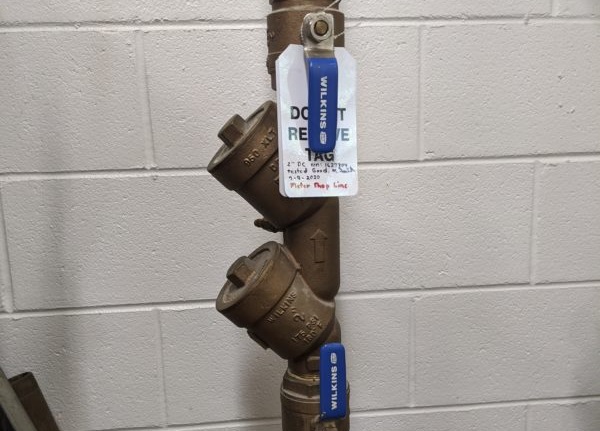
Wonderful Water: Protecting Our WaterThis month on “Wonderful Water” join 97.9 The Hill’s Aaron Keck for a conversation with Nick Rogers, distribution and collection systems assistant manager at OWASA, about the methods and protocols that keep our community’s water supply safe and sound. “That’s a big part of OWASA,” said Rogers. “We inspect and maintain our infrastructure here, trying […]
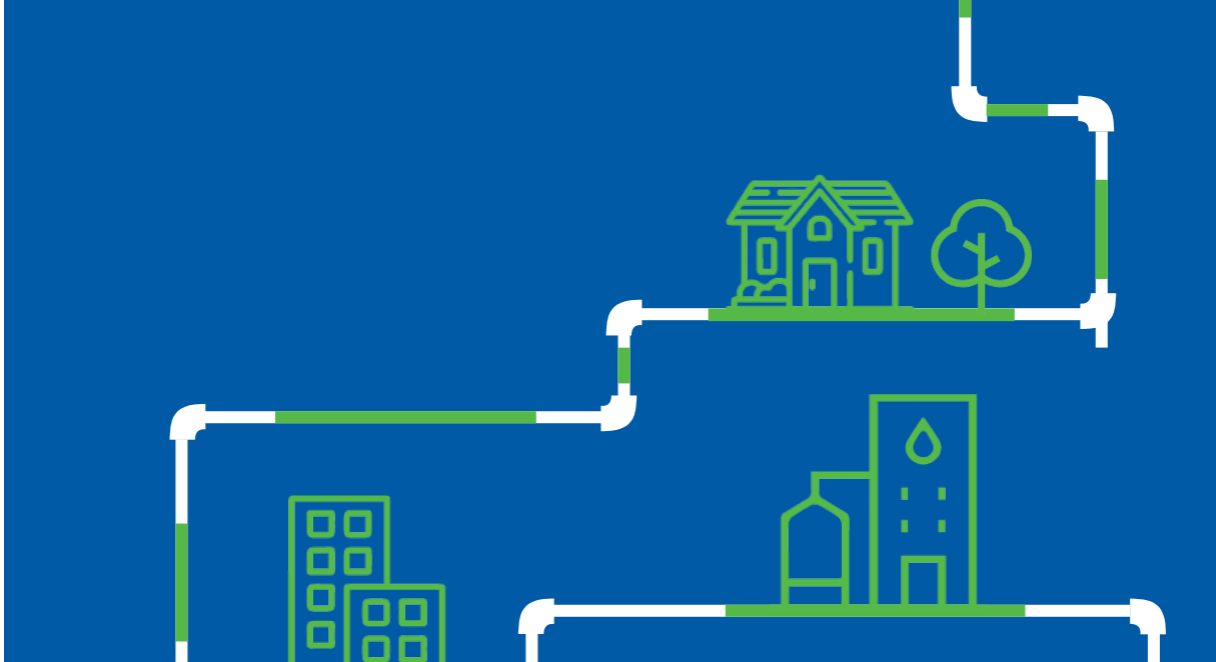
Wonderful Water: Jennifer Hunter & OWASA's Report CardThis month on “Wonderful Water” join 97.9 The Hill’s Aaron Keck for a conversation with Jennifer Hunter, laboratory supervisor at OWASA‘s Mason Farm wastewater treatment plant, for a discussion about the annual OWASA wastewater quality report card. According to OWASA, the roughly 3 billion gallons of wastewater treated every year has once again “met or […]
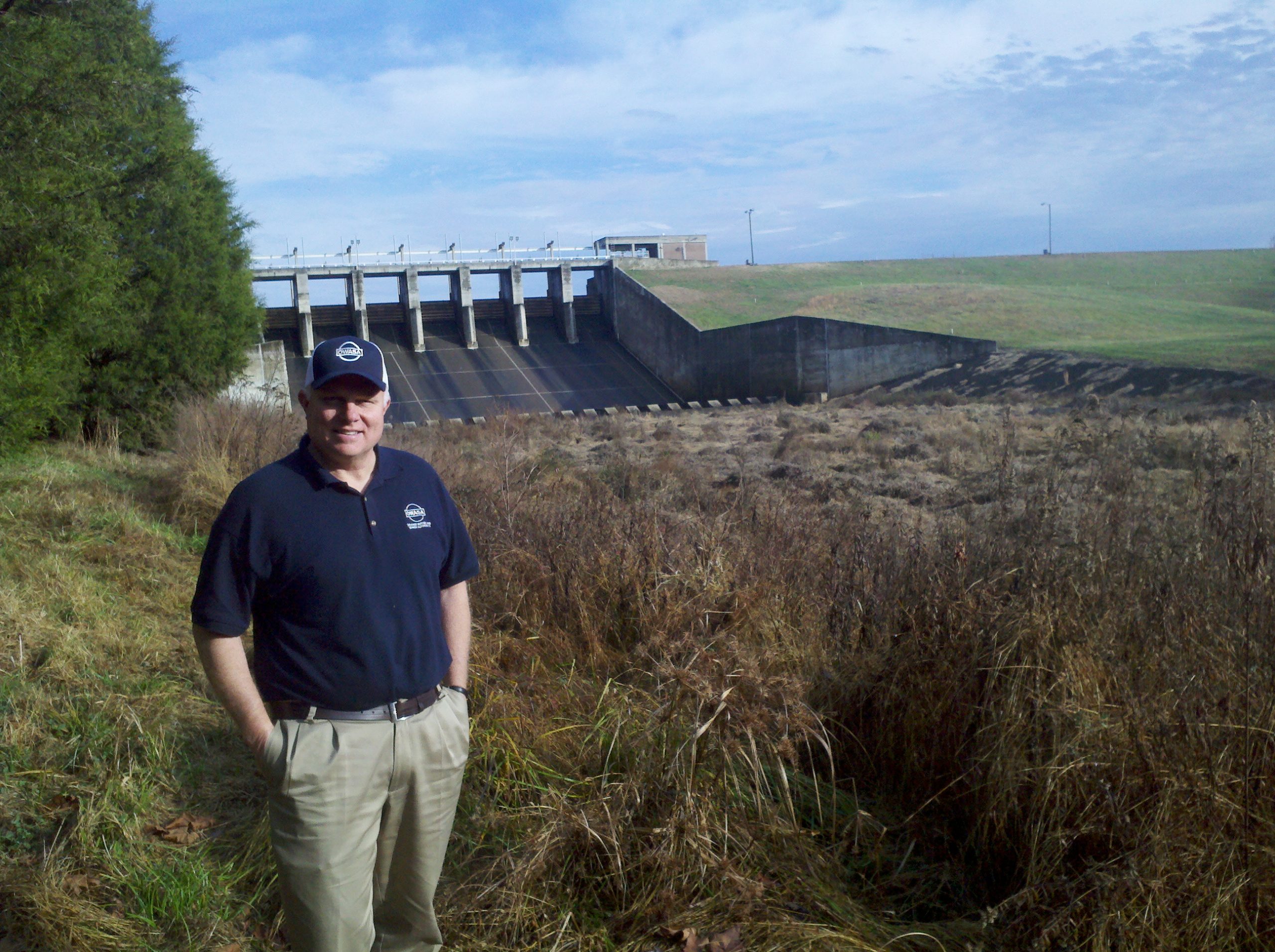
Wonderful Water: Ed Kerwin's OWASAAs Ed Kerwin retires from his 24-year tenure at OWASA as executive director, he joins 97.9 The Hill’s Aaron Keck for a conversation about his career and all the work it’s taken to keep the water running for over two decades. “I love my job as much today as I did 24 years ago,” said […]
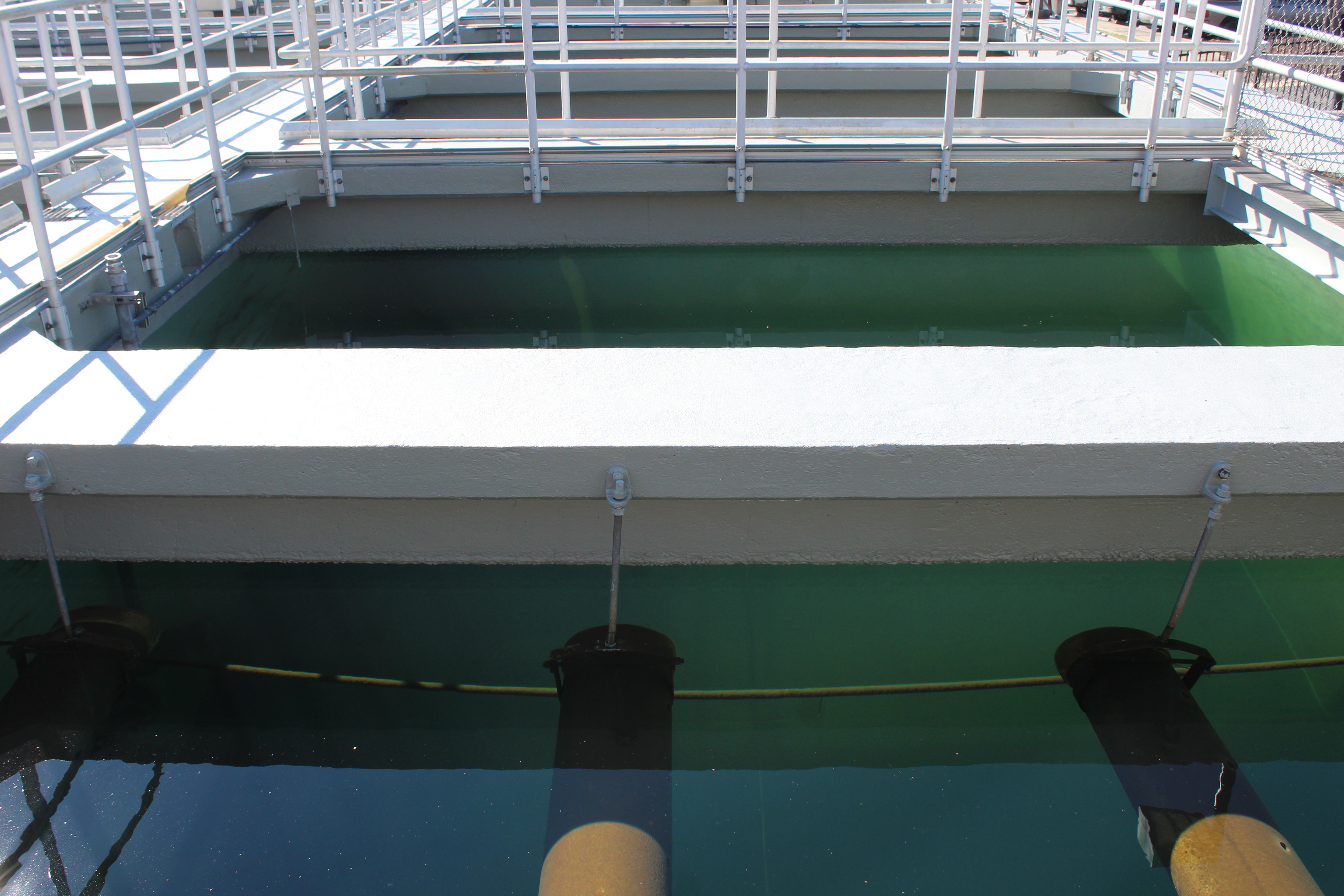
Wonderful Water: OWASA's Report CardThis week on Wonderful Water, join 97.9 The Hill’s Aaron Keck for a conversation with Katie Harwell, laboratory supervisor at OWSA’s water treatment plant on Jones Ferry Road, about OWASA’s latest round of in-depth water testing and the associated annual report card. According to Harwell, in the past year OWASA has met or surpassed all […]

Wonderful Water: Budgets and RatesThis week on Wonderful Water, join 97.9 The Hill’s Aaron Keck for a conversation with Stephen Winters, director of finance and customer service at OWASA, concerning OWASA’s financial planning in 2020. As OWASA prepares its annual budget to account for ensuring water service to its customers and the investment required to maintain roughly 700 miles […]
›

 Chapel Hill and Carrboro residents use roughly 7 million gallons of water a day, and “Wonderful Water” is a monthly conversation sponsored by the Orange Water and Sewer Authority highlighting its work to keep our community growing and water flowing.
Chapel Hill and Carrboro residents use roughly 7 million gallons of water a day, and “Wonderful Water” is a monthly conversation sponsored by the Orange Water and Sewer Authority highlighting its work to keep our community growing and water flowing.







